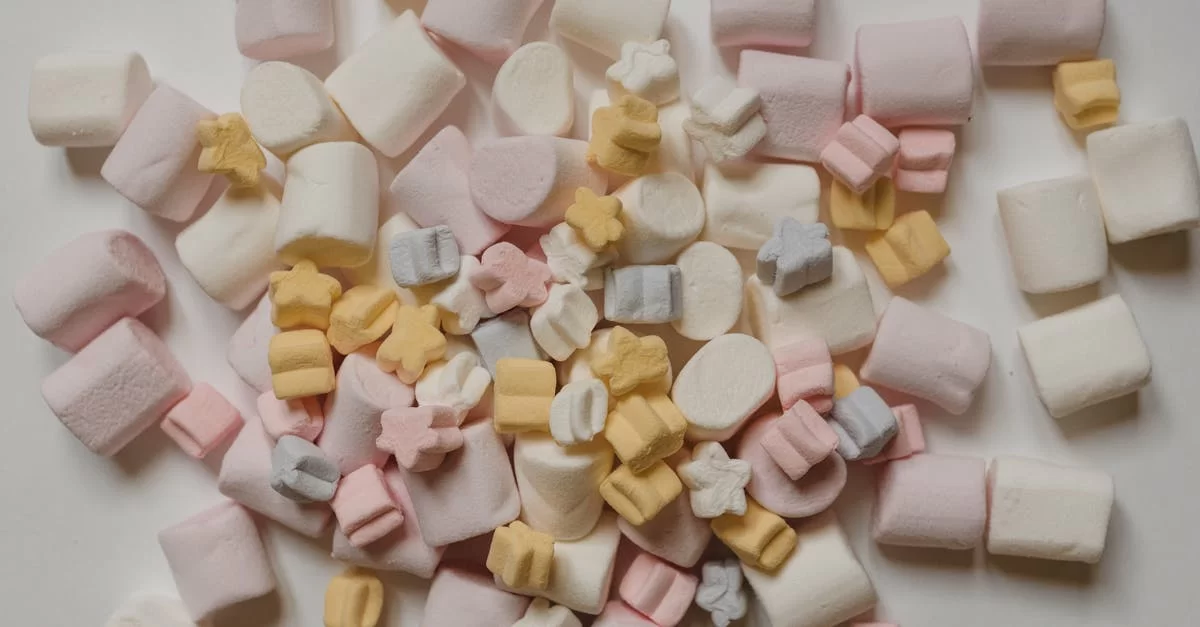In today's globalized world, our taste buds are constantly seeking deliciousness from around the globe, and puffed food is one of the most popular categories. When we enjoy exotic flavored potato chips and shrimp crackers, behind them lies a complex and crucial process of import and transport customs declaration. This process is like a meticulously orchestrated symphony, where every note is vital. Today, let's delve into it together.

Import and Transport of Puffed Food: A Relay of Deliciousness Across Distances
The choice of transportation method is crucial for the import of puffed food. Due to the light and fragile nature of puffed food, sea freight is generally the more common choice. Although sea freight is relatively slow, it has the advantage of lower costs and large carrying capacity, meeting the demands of large-scale imports. However, for some puffed foods that prioritize freshness and timeliness, air freight becomes the best option. For instance, some newly developed and limited-edition specialty puffed snacks can reach consumers the fastest through air freight.
During transportation, controlling environmental conditions is also not to be overlooked. Puffed food is susceptible to moisture, so the humidity in the shipping containers must be strictly controlled. Desiccants and other auxiliary items are generally used to maintain a dry environment. At the same time, the temperature should not be too high, as excessive heat can cause the food to spoil or the packaging to expand and deform.
Customs Declaration for Imported Puffed Food: The Necessary Path to Compliant Clearance
Customs declaration is a key step in ensuring that puffed food legally enters the domestic market. Firstly, importers need to prepare a series of documents, including basic documents such as commercial invoices, packing lists, and bills of lading, as well as special documents like certificates of origin and health certificates. Certificates of origin prove the origin of the food, while health certificates pertain to the quality and safety of the food.
During the customs declaration process, declarations must be made strictly in accordance with the regulations of the customs. The declared content covers detailed information such as the name, brand, specifications, quantity, and value of the food. Customs will review the declared content, and any discrepancies or false declarations will result in severe penalties. In addition, customs will conduct random inspections of imported puffed food. Inspection items include food ingredients, microbial indicators, and the use of additives. Only when all indicators meet China's food safety standards can the food be smoothly cleared through customs.
Choosing a Professional Partner to Facilitate Smooth Import of Puffed Food
Facing the complex process of import and transport customs declaration, choosing a professional agency like Zhongmaoda becomes particularly important. Zhongmaoda has rich experience and is familiar with the transportation and customs declaration requirements for various puffed foods, providing one-stop solutions for importers. From rational planning of transportation methods and accurate preparation of customs declaration documents to efficient communication with customs, Zhongmaoda can handle it with ease.
In conclusion, the customs declaration for imported puffed food is an interconnected process, and any problem in any link can affect whether the food can be smoothly delivered to consumers. We hope that all importers will pay attention to this process, choose professional partners, and allow more delicious puffed food to cross borders and enrich our culinary experience. We also welcome everyone to share your experiences and stories in the import process of puffed food in the comment section.

Recent Comments (0) 0
Leave a Reply